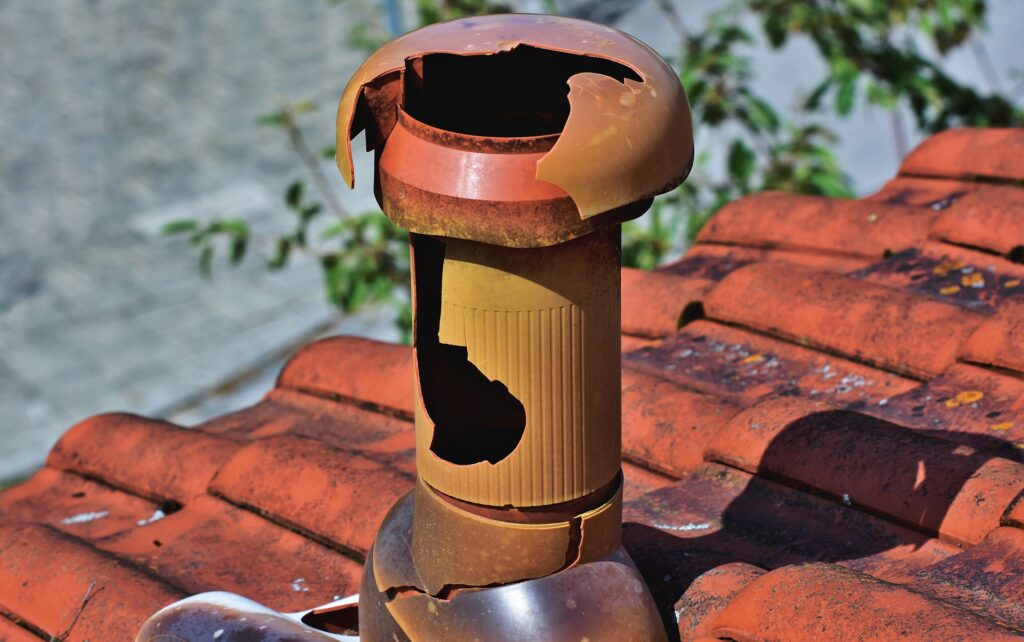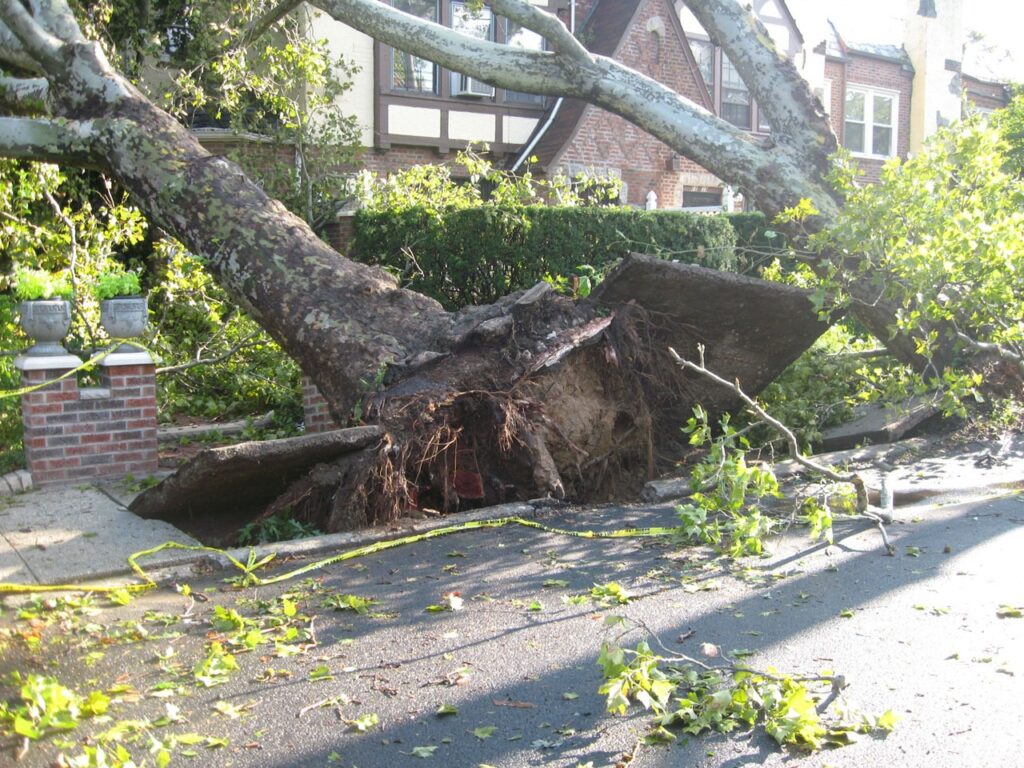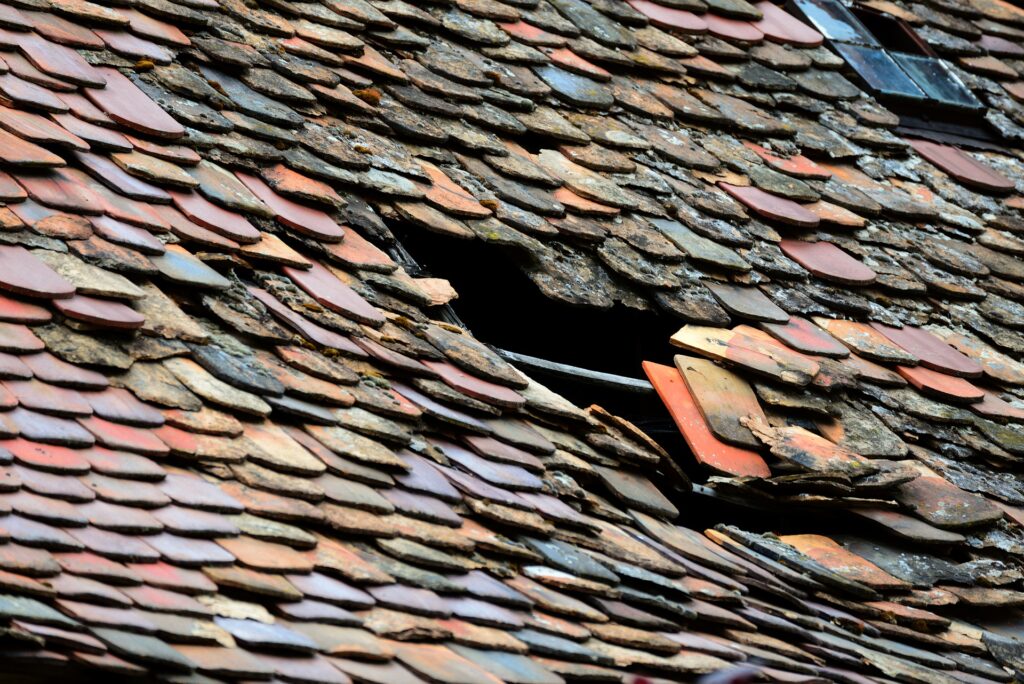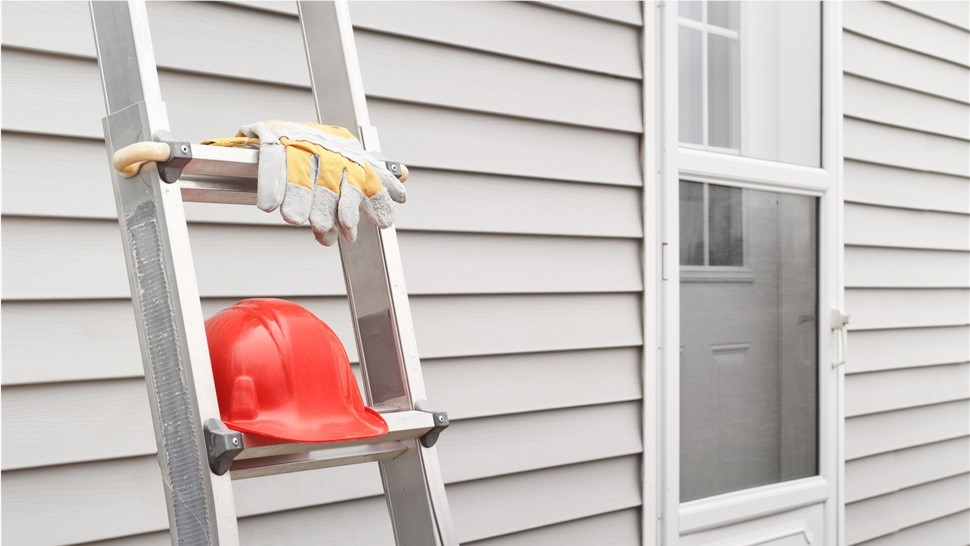
If you’ve recently moved to Denver (or any other area that sees snow during winter), you might be wondering whether or not you need to take any precautions before the winter storms arrive.
It’s a great question, and especially one worth asking if you own an older home.
Depending on the material from which it’s made, a roof can last anywhere from 20 to 50 years before it needs to be replaced. The older the home, the more likely it is to have a damaged roof. And if your home has roof damage going into the winter months, you risk creating further issues down the road.
In order to prevent structural damage and protect your family’s health, it’s imperative that every home has a sealed, well-maintained roof.
Understanding the winter roofing process and how to prevent elemental damage will give you peace of mind when the weather becomes severe.
Endeavor Exteriors has performed winter roofing jobs in the Denver area for years. We have the tools and experience to repair your roof during the winter months to keep your family fully protected from the elements.
We always get questions from people new to the area about whether or not winter roofing is a good idea. Keep reading for the answers to some well-deserved questions about winter roofing and whether or not it’s a good idea.
Can Roofing Work Be Performed In The Winter?
It’s perfectly safe to perform roof repairs all year round, provided you use a licensed roofing contractor with the right tools and experience. However, an improper winter roofing installation could lead to problems with mold, condensation, and humidityThere’s usually no reason to worry about causing further damage as long as you work with someone that has the experience and awareness to perform the job correctly.
To ensure your installer is prepared for the job, look for GAF Factory Certified Contractors as well as local certifications.
Endeavor Exteriors is certified in more than 50 counties within Colorado, and we’ve replaced thousands of roofs around the Denver area. Working with contractors with experience comparable to ours will reduce doubt and help you rest assured that the job will be done well the first time. Alternatively, consider working with us directly!
Are any special precautions needed when installing a roof during winter?
Your contractor should take proper precautions when storing all building materials to keep them safe from the elements. If the temperature is significantly below freezing, roofers may also opt to hand-seal newly installed shingles in order to ensure that adhesives set correctly.We’ve heard many concerned homeowners voice their worries about how cold temperatures might cause adhesives to set improperly, leaving their roofs more vulnerable to leaks and damage. However, GAF-certified roofers use standardized techniques to avoid problems caused by extreme temperatures.
When a GAF-certified contractor completes your winter roofing job, you can rest assured that leaks from rain and hail won’t cause you further damage in the future.
What kind of damage can occur if I can’t repair my roof before severe weather?
If your damaged roof is exposed to severe weather, it can lead to issues with mold, condensation, and humidity when the weather begins to warm up again. These can lead to further damage down the road, resulting in costly repairs.Are you sensitive to mold or humidity? Then before winter, roofing repairs should be performed in order to minimize your exposure to the elements.
Besides preventing water from entering your living space, ensuring that all leaks are sealed before the weather becomes unfavorable will also protect your home from mold and help to preserve the insulation between your roof and ceiling.

Can Repairing My Roof Reduce My Winter Heating Bills?
In many cases, repairing your roof will allow you to reduce your heating bills. Using newer, more energy-efficient materials with high-quality insulation will keep your home warm during the winter, and cool during the summer.If you’re new to snowy climates, you might be understandably worried that heating will cost you an arm and a leg. With a fully insulated and properly sealed roof, winter weather is nothing to worry about.
Maintaining a stable temperature indoors is near impossible when warm air can easily escape your home. Keeping your roof insulated and sealed with winter-proof roofing will keep your family comfortable regardless of the time of year.
How Can High Condensation Damage My Roof?
If it penetrates deeply enough, condensation can cause interior home issues such as peeling paint, warping furniture, and mold. If condensation covers a wide area for an extended period of time, it could lead eventually cause a roof to sag, crack, or undergo other serious structural damage.If you’ve observed that some areas of your home are noticeably more humid than others, it’s worth worrying about whether or not condensation has already damaged your home’s structure.
Having your roof assessed for leaks and cracks is the best way to determine the source of visible water damage you find on your ceiling, especially if the damaged ceiling is on the top floor.
Can Icicles That Form On My Roof Cause Damage? Aside from the risk of serious injury, the presence of icicles can also lead to the same structural issues that result from excessive condensation.
If icicles are forming on your roof and gutters, it may be an indicator that your home has ventilation-related issues that need to be addressed. Failure to do so could lead to personal injury from falling icicles in the future.
Consider incorporating a heating inspection HVAC specialist into your winter roofing plan in order to identify potential problems with your home’s heating system.
Keeping an eye open for icicles will help you keep your family and neighbors safe from injury, and will also help you address any existing problems with your home’s heating system. It could even save you money if you manage to increase your home’s heating efficiency with repairs!
Is It Possible To Prevent Icicles From Forming On My Roof And Gutters?
You can prevent icicles from forming on your roof and gutters by keeping them cold all of the time.This is often accomplished by eliminating inefficiencies from your home’s heating system. The best way to do this is by replacing or reinforcing your home's insulation, and by finding and repairing any cracks or broken roof seals.
A moment ago we mentioned that keeping an eye out for icicles will help you keep your family safe. But isn’t preventing the problem altogether a better alternative to constantly worrying about the safety of your loved ones?
Can I Repair My Roof If It Has A Pest Infestation?
You’ll need to resolve the pest infestation before your roofing contractor can proceed with repairs. Failure to do so could result make your roofer’s work ineffective since leftover rodents, termites, or other pests can actively degrade new repairs through actions like biting.Before you have any roof work performed on a home with a pest problem, contact pest control to ensure that your winter roofing installation can be completed effectively.
Which Severe Weather Conditions Most Often Cause Roof Damage?
Any severe weather conditions can lead to roof damage, with the majority of damage coming from hailstorms, rainstorms, and heavy winds.You can protect your property from damage by using sturdy materials in your winter roofing project, such as hail-resistant shingles, which are designed to withstand heavy battering.
Preparing for the worst of conditions often prevents serious damage from occurring in the first place. Before beginning your winter roofing project, consider the variety of weather conditions common in your area in order to make sure you’re installing a roof that offers sufficient protection.

How Can Wind Damage A Roof?
Wind often damages rooftops by blowing branches, objects, or other materials on top of them, which damages tiling and shingles. In extreme cases, the wind itself can also damage rooftops by ripping the shingles directly from the roof.When planning your winter roofing job, look for contractors with materials that have high International Residential Code ratings.
These materials are rated specifically for their durability against elemental factors like wind. Using them will ensure that shingles remain attached no matter how hard the wind howls.
Why Should I Work With Endeavor Exteriors?
That’s an easy one. We’ve been in business since 2012, and we’ve serviced thousands of roofs throughout the Denver area. We install all year round, we work with both residential and commercial properties, and we even have an application that gives you a better idea of what your completed roof will look like.With our GAF certifications, hail-resistant roofing options, and phenomenal customer service, we’re ready to bring you a sturdier roof today.
Interested in weather-resistant roofing or siding? It doesn’t matter what time of year it is. Weather-proofing your house saves stress and money for you and your family.
Call us today to learn more about how you can protect your property from intense weather events.Subscribe to Endeavor Exteriors's Blog



Comments